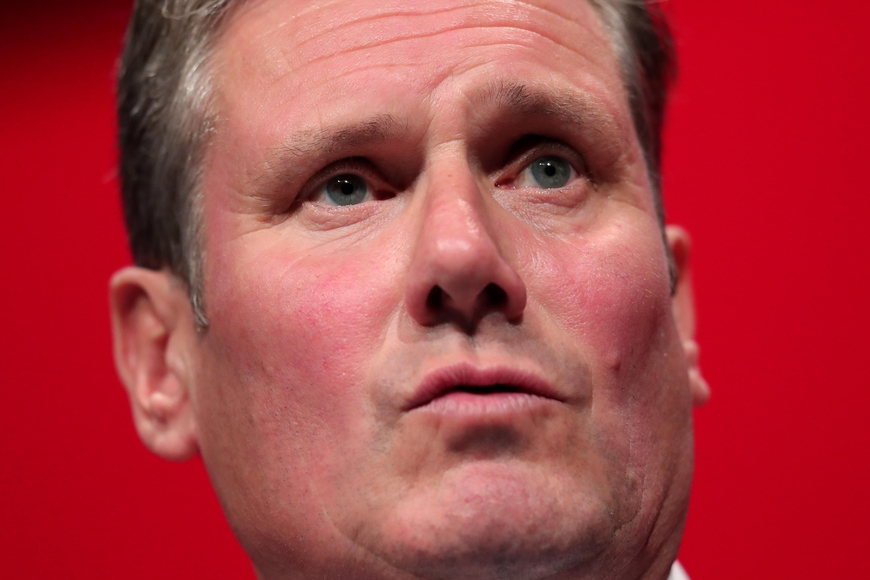Labour faces two huge strategic challenges: first how to win power, and second how to use it to change our country for the better. The polls – for now at least – suggest it will clear the first hurdle, but what of the second?
The country is in a mess. We desperately need a bold and reforming Labour-led government to rebuild our economy and crumbling public services, restore trust in our democracy whilst tackling the climate crisis head-on. But our party’s capacity to effectively, democratically challenge the existing social and economic order depends on the degree to which it embraces pluralism.
Pluralism is the recognition that no single issue, internal faction or political party can usher in a Good Society alone. The Labour Party, of course, will need to play a central role if we are to transform our country. But why exclude those from other progressive traditions who can deepen and enrich such a project, just as Keynes and Beveridge did for Labour in 1945?
Yet the Labour leadership appears to have rejected this approach in pursuit of internal factional dominance of the party. The leadership has subcontracted control of the party to Labour First, the most orthodox, hardline, Labour faction, to determine candidates and decide who and who is not a member. Such a monoculture is unprecedented in Labour history. This approach might work in opposition, but will come with a significant downside in government; an inability to create alliances and tap into wider sources of energy to bolster the when in power.


The leadership needs to change track. Modern politics demands a diversity of views and solutions that one small section of one party simply can’t deliver. If we go into office with this narrow governing mentality the fear is we simply won’t have the bandwidth to cope with the complexity of issues thrown at us.
Last week, staff at cross-party campaigns group Compass, an organisation of which I am a board member, handed in a petition to Labour HQ to warn the party against taking its current exclusionary approach into government. 12,000 people signed the petition calling for the party to embrace a pluralist culture for the sake of our country and highlighting that a better future will only be negotiated by all of us, not imposed from the top-down. Compass, which turns 20 this year, has been defending this tradition since its inception.
Respect, tolerance and pluralism represent our party’s core values. This reality was understood by Tony Blair. Every leader before Keir Starmer has accepted a broad cohabitation of traditions – it’s what we call Labour’s ‘broad church’. The suppression of certain traditions such as those advanced by Compass, simply narrows the congregation so that it becomes unwelcoming or actively hostile to any who don’t fit the dominant ideological mould.
Of course, factions have always existed and competed for power within the Labour, and they will no doubt continue to – such is the nature of politics. But Labour has always maintained a basic understanding that other views are relevant, are historically rooted and provide necessary balance.
The threatened expulsion of Neal Lawson is just one recent example of this leadership’s excesses. But this egregious overreach extends far beyond one case – many others have now been thrown out of the party, banned from standing as candidates or driven out by a culture of intolerance. Membership of our party has dropped dramatically over the last few years.
Labour’s proud history of pluralism is in danger of being threatened just when our party and the country needs it most.
Politics.co.uk is the UK’s leading digital-only political website, providing comprehensive coverage of UK politics. Subscribe to our daily newsletter here.

